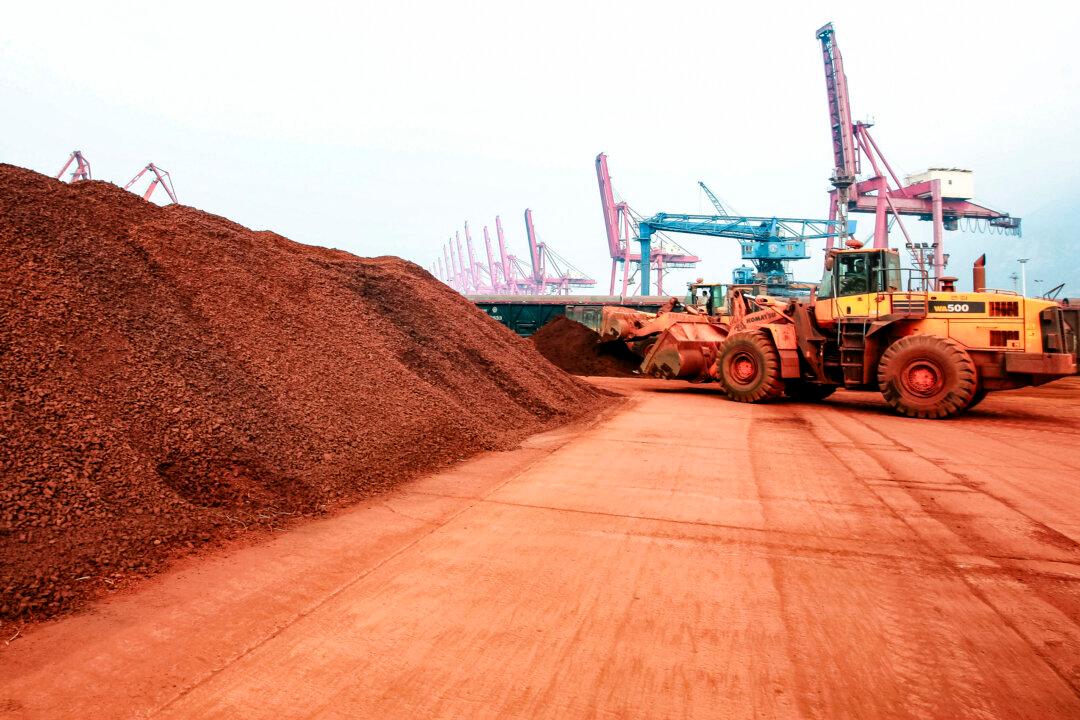A bipartisan working group to counter China’s dominance in critical mineral supply chains was formed by the House Select Committee on the Chinese Communist Party, the panel said on June 18.
The Critical Minerals Policy Working Group will be responsible for producing legislation and promoting awareness via committee events to combat the Chinese Communist Party’s (CCP’s) dominance in critical minerals.




